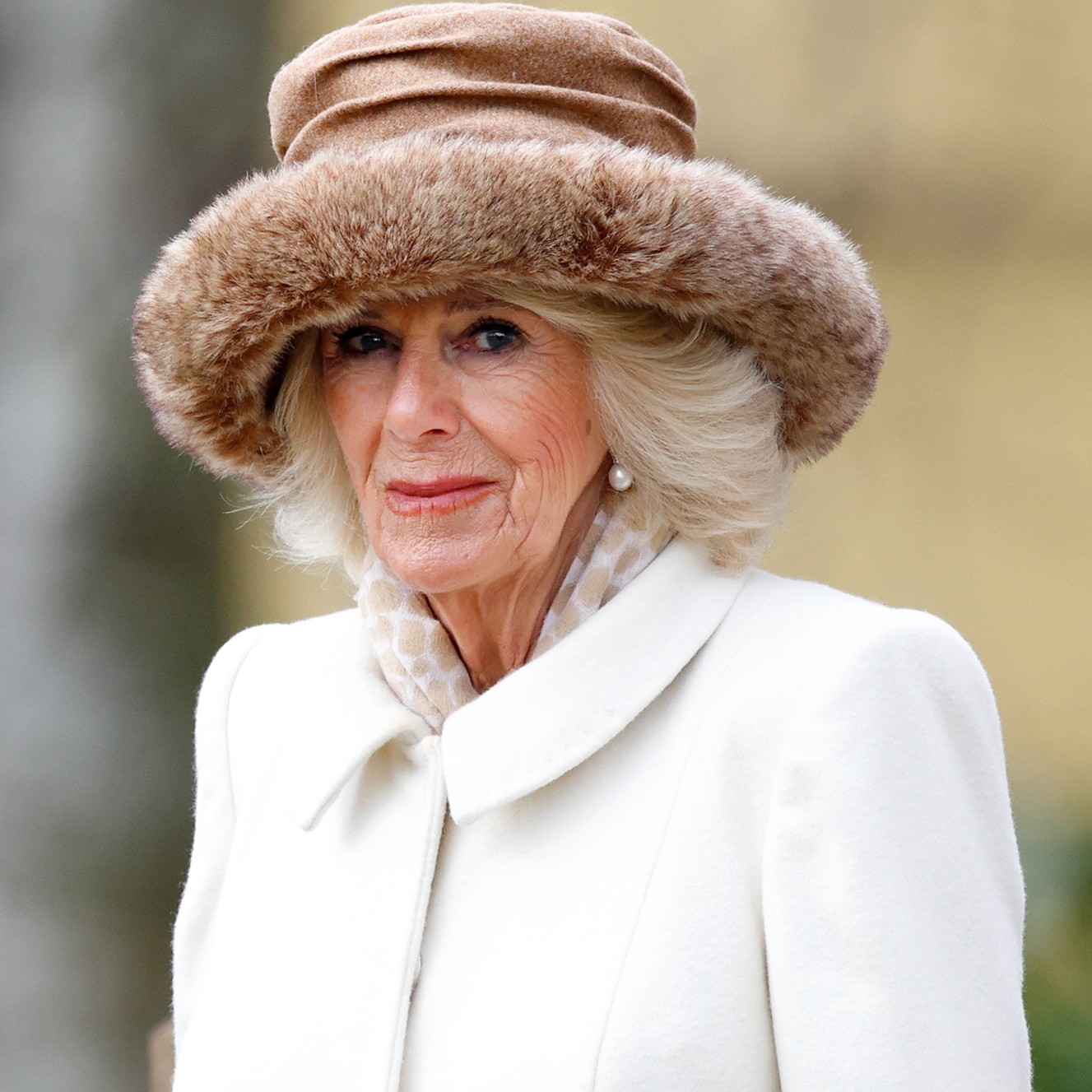
After Queen Camilla sent a letter to PETA stating that she “will not procure any new fur garments” in unity with the organization, the animal rights group has called Camilla “a true queen.”
Camilla pledged to PETA (which stands for People for the Ethical Treatment of Animals) that she will no longer “procure fur for her wardrobe,” according to a release from the group. PETA founder Ingrid Newkirk said, in response, that the organization is “toasting to Queen Camilla with a glass of the finest claret for being a true queen by standing with the 95 percent of British people who also refuse to wear animal fur.”
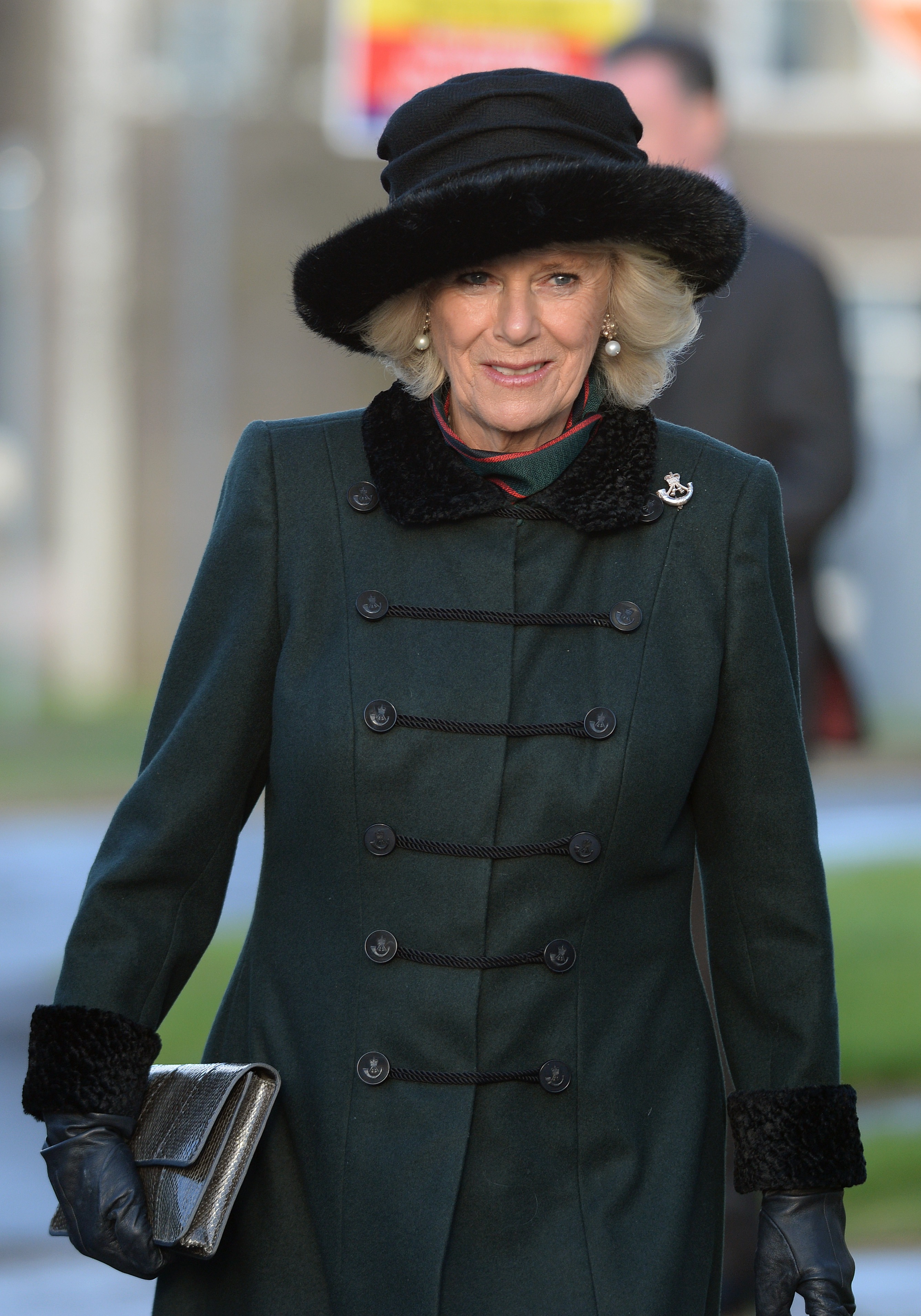
Per People, Camilla’s decision actually reflects that of the queen before her—Queen Elizabeth, who made the same decision, according to the 2019 memoir of her official dresser Angela Kelly. In her book The Other Side of the Coin: The Queen, the Dresser, and the Wardrobe, Kelly revealed that Her late Majesty would only wear faux fur going forward, and that the mink trims of her coats had also been removed, according to The Independent.
Buckingham Palace later confirmed the late Queen’s move away from real fur: “As new outfits are designed for the Queen, any fur used will be fake,” the Palace told The Telegraph in 2019. “Elizabeth continued to wear real fur used on historic ceremonial garments during royal engagements, however,” People writes.
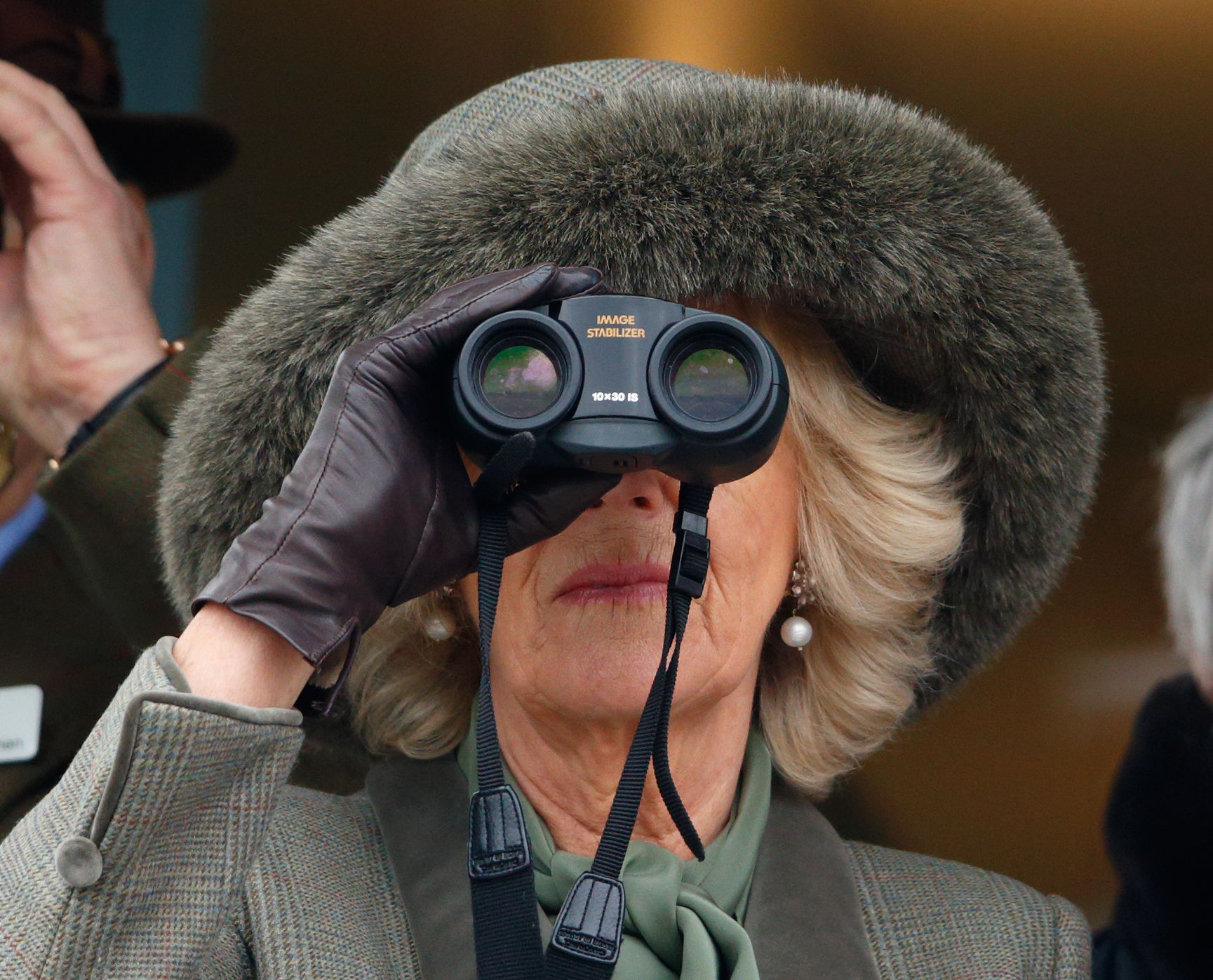
As for Camilla’s decision, PETA said in its release that it was “right and proper for the British monarchy to reflect British values by recognizing that fur has no place in society.” In March, Camilla wore a faux fur hat to the Royal Maundy service and, while Camilla said she won’t be adding any new fur to her wardrobe, it’s unclear if she’ll wear old styles that she’s already got in her wardrobe.
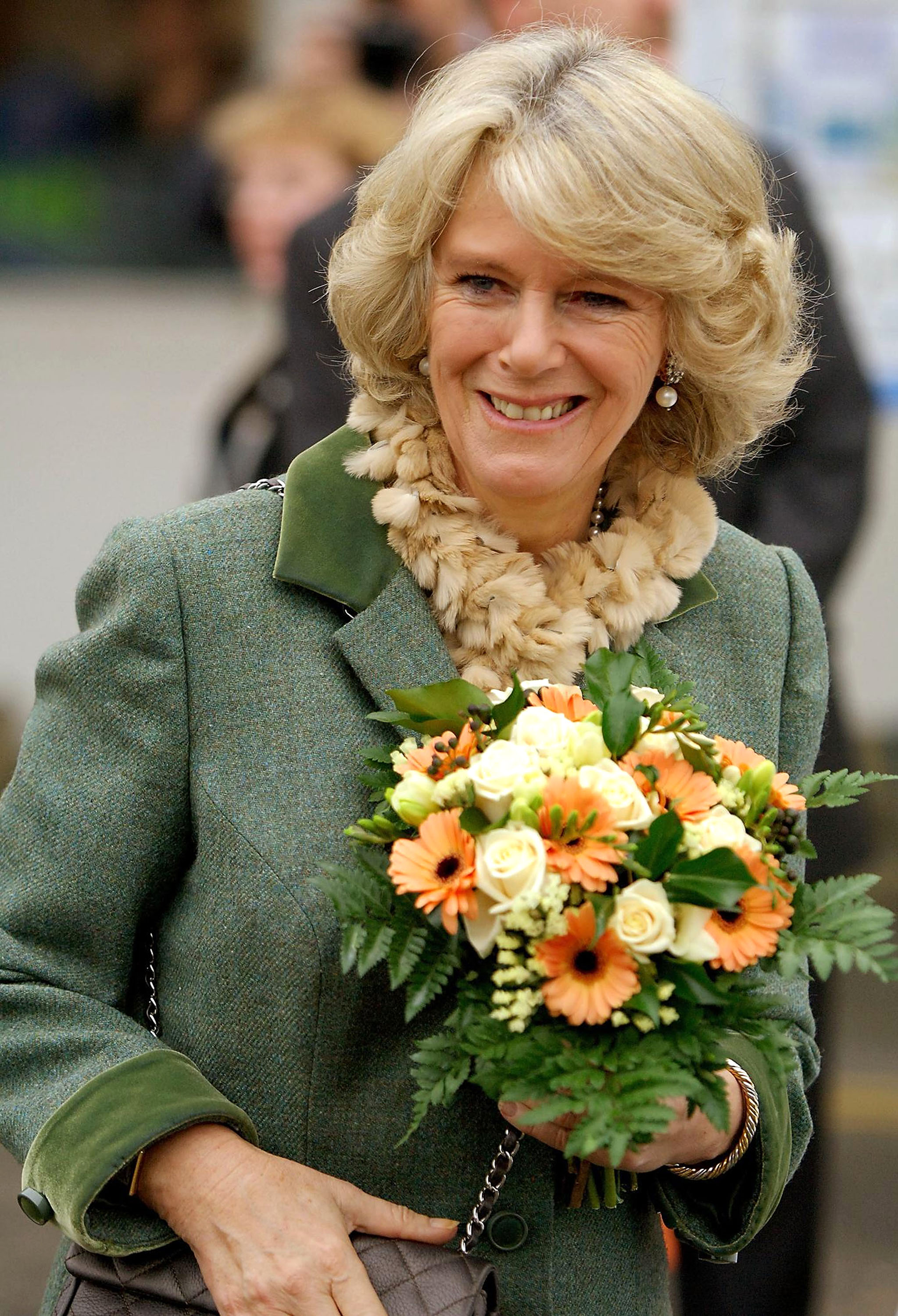
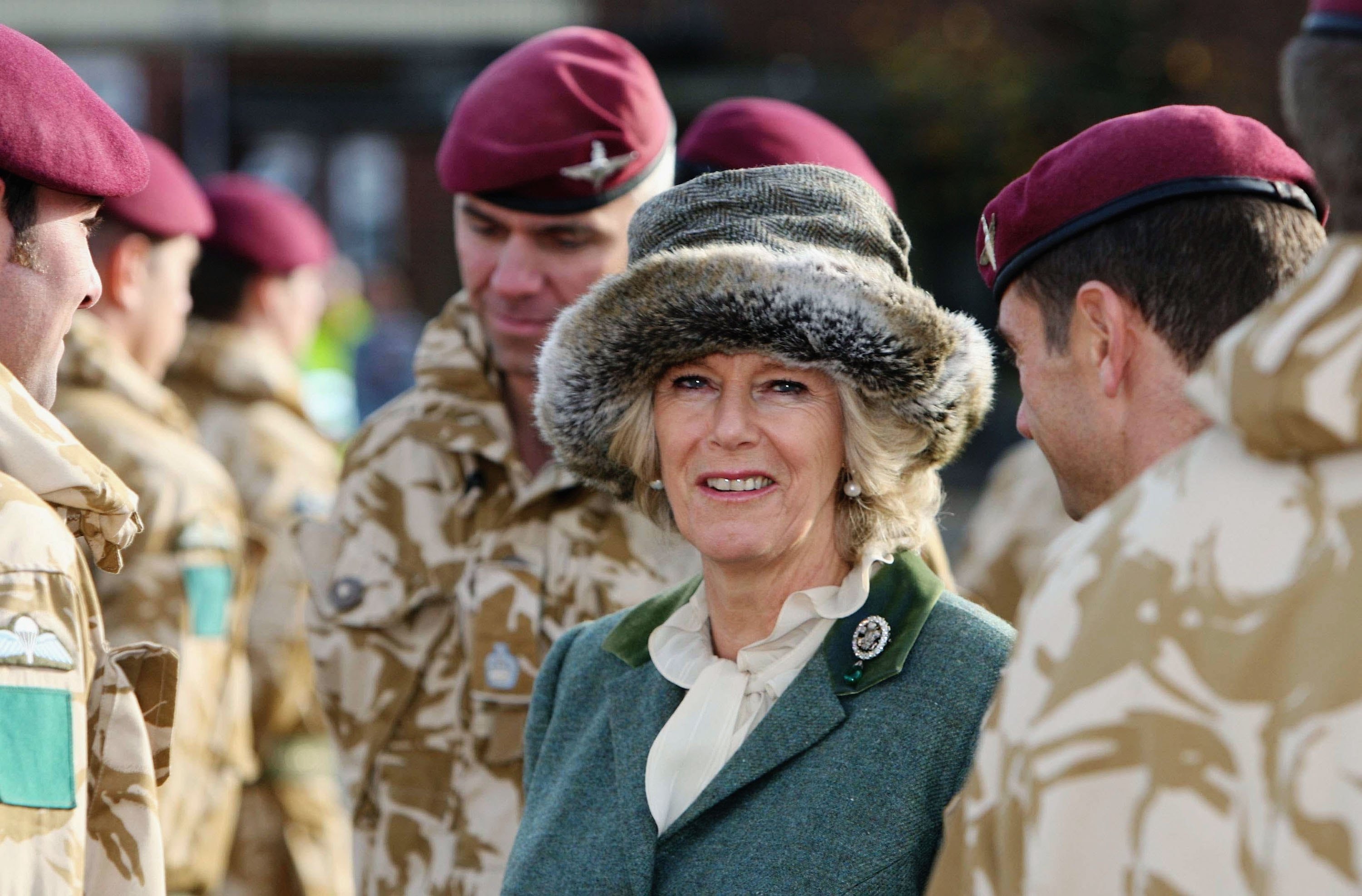
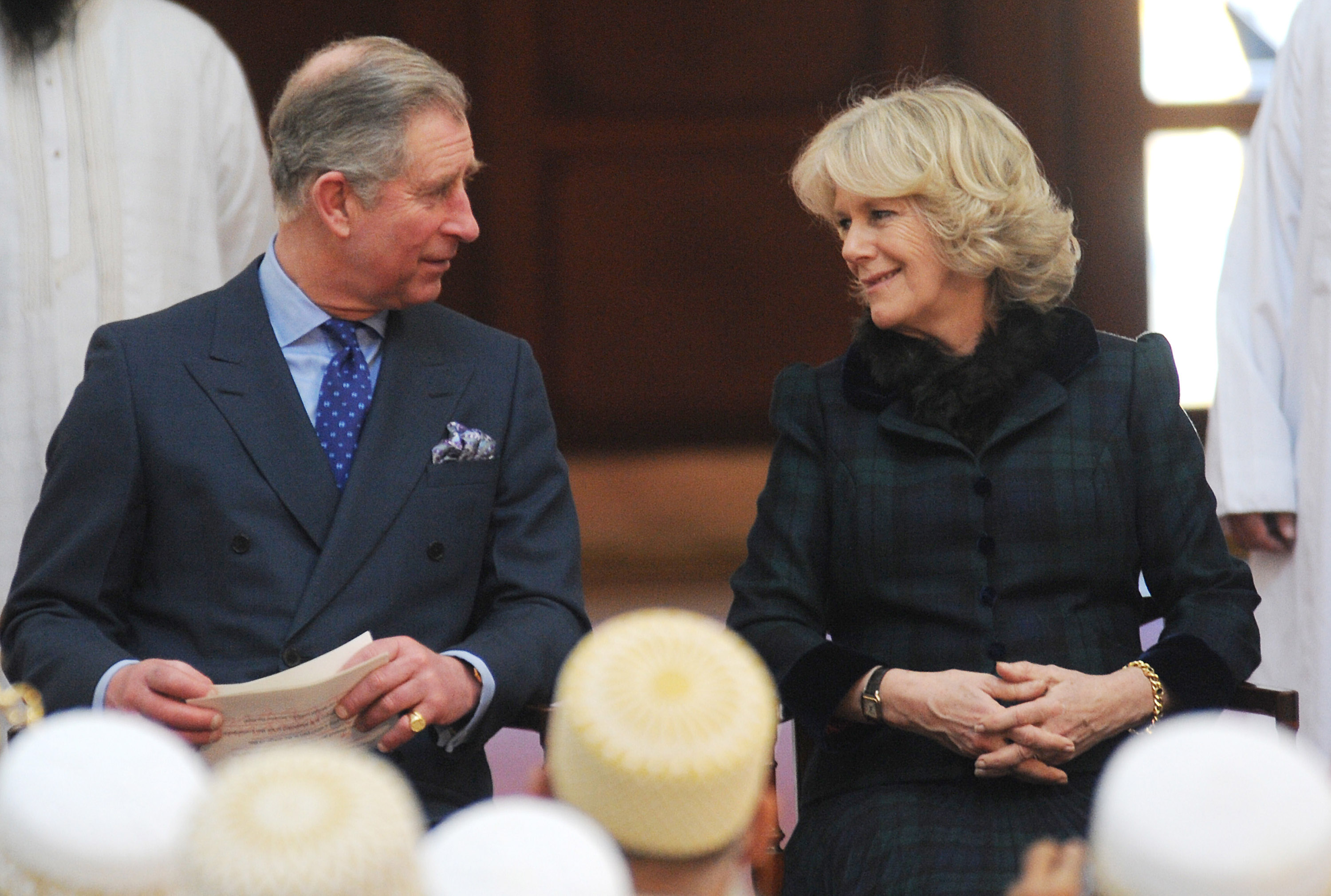
Camilla’s husband, King Charles, has long been a supporter of animal rights. According to The Daily Mail, the King “has made a raft of eco-friendly changes since he ascended to the throne in September 2022,” including changing the recipe of the sacred oil at his Coronation last May—which he was anointed with by the Archbishop of Canterbury—so it was “cruelty-free.” (This broke tradition dating back to at least as far back as Charles I, per the outlet.) It was also Charles who was a main driver behind the decision to ban foie gras at royal palaces as far back as 2008, when he was still Prince of Wales. The French delicacy is controversially made by fattening the liver of geese to as much as 10 times its natural size.
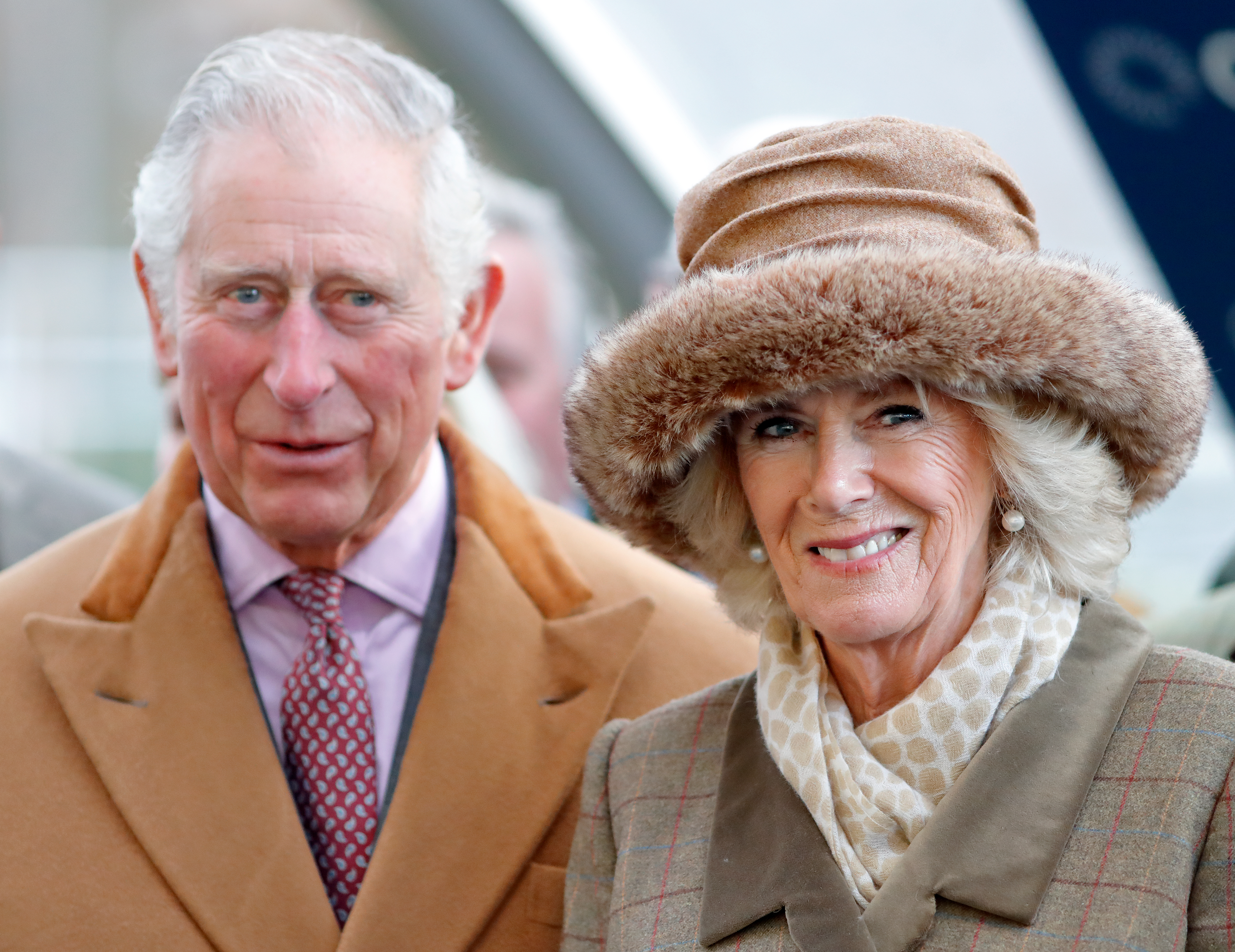
Camilla’s letter to PETA was dated April 15, was typed on Buckingham Palace stationary, and was sent from the head of royal correspondence. It concluded with the statement that the letter “comes with the Queen’s warmest wishes.”







